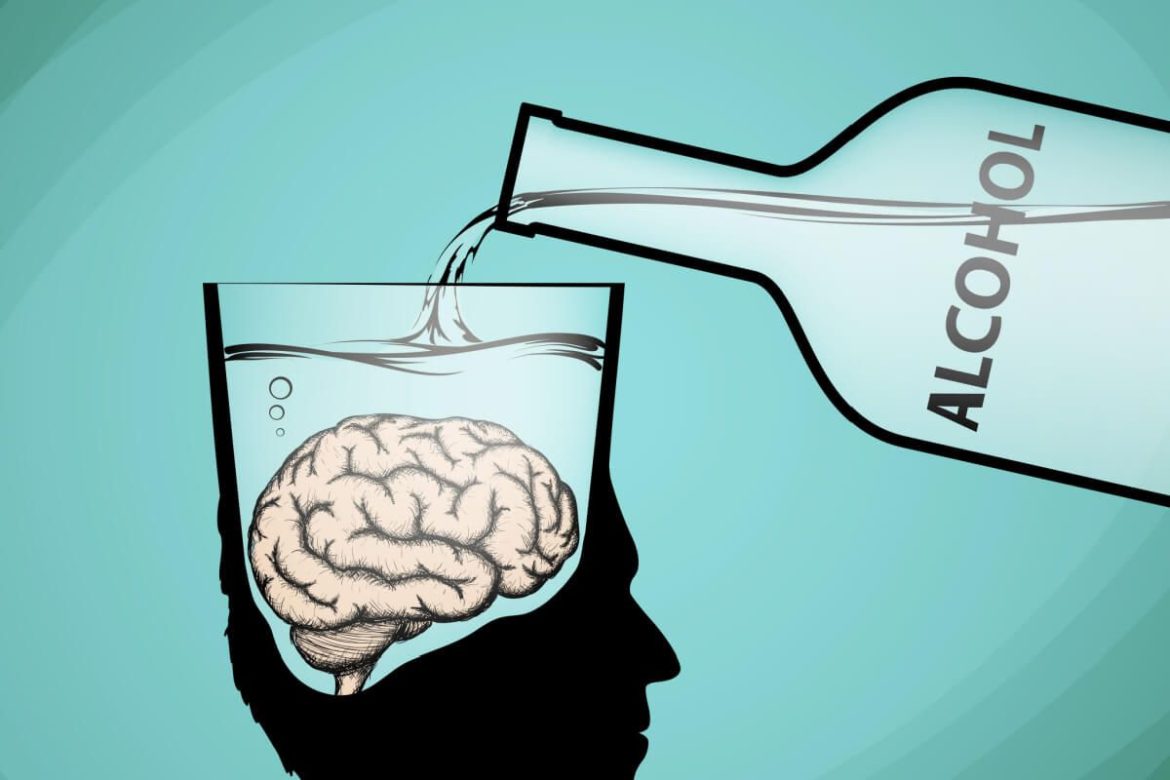Alcohol has been around for centuries and has played a cultural part in society from the very beginning—popularity waxes and wanes in social norms, with prohibition banning alcohol entirely at one point. Today, there is a mix of attitudes about drinking alcohol, with some people preferring nonalcoholic beverages and others being modest drinkers. There is, however, some segment of the population that suffers from chronic alcohol abuse, and for those people, the effects on their mental health and bodies can be disastrous.
There are several health conditions associated with chronic alcoholism, including cardiac issues such as heart disease, stroke, and hypertension. Liver conditions, including cirrhosis and liver cancer, are devastating ailments often requiring transplants for survival. The list goes on, from digestive problems or mental and behavioral disorders such as addiction to nerve-related matters such as alcoholic polyneuropathy and wet brain syndrome, also known as Wernicke-Korsakoff Syndrome.
Table of Contents
The Alcohol Connection
Alcohol abuse is one of the most significant contributors to wet brain syndrome. Chronic alcoholics are prone to malnutrition from both poor diet and malabsorption issues. With sustained alcohol abuse, the small intestines become inflamed, making it difficult for them to absorb nutrients that are necessary to avoid malnutrition and vitamin deficiencies. Being deficient in vitamin B1, or thiamine, now leads to the first stage of wet brain syndrome with the diagnosis of Wenicke’s encephalopathy and brain lesions, the first component of wet brain syndrome.
With lesions now present on the brain, the second component of wet brain is now active as Korsakoff syndrome, and the neurological symptoms associated with it, such as memory loss, confusion, and other disorders of the central nervous system, including Wernicke-Korsakoff syndrome or wet brain syndrome, are common. Confabulation, or the inability to place yourself in the world that you live in, is common, with sufferers filling in memory lapses with made-up stories to explain any discrepancies in their story.
Diagnosing Wet Brain
One of the challenges of diagnosing wet brain syndrome is that symptoms often mimic other disease processes, including alcohol addiction. What frequently looks like a severe hangover from a night of binge drinking can be the signs of neurological damage from wet brain with slurred speech, drowsiness, poor coordination, memory problems, and impaired motor skills.
In diagnosing wet brain syndrome, doctors may run lab tests to check the blood for thiamine levels (B1) and other standard labs, with an entire medical history and complete physical examination, including neurological and cognitive tests. With accumulating evidence, brain imaging could provide further evidence of neurological damage, resulting in a positive diagnosis of brain damage.
Treatment for Wet Brain
With a diagnosis of wet brain syndrome, treatment must begin as quickly as possible. In the case of alcohol abuse, complete cessation of ethanol is imperative for a positive outcome. Treatment consists of rehydration and oral or intravenous infusion of thiamine. Depending on the length of the illness and severity of the condition, some people recover well with treatment, while others are left with permanent brain damage and lasting neurological conditions. Early detection and treatment significantly increase the chance of a positive outcome.


